
Most neighborhood disputes don’t start with bad intentions—they begin when someone unknowingly crosses a legal line. From seemingly harmless landscaping to questionable surveillance cameras, your neighbors might be violating property laws without even realizing it. These unintentional infractions can lead to costly fines or feuds, so it’s worth knowing what’s legal—and what’s not—on both sides of the fence.
1. Installing a Fence on the Wrong Side of the Property Line
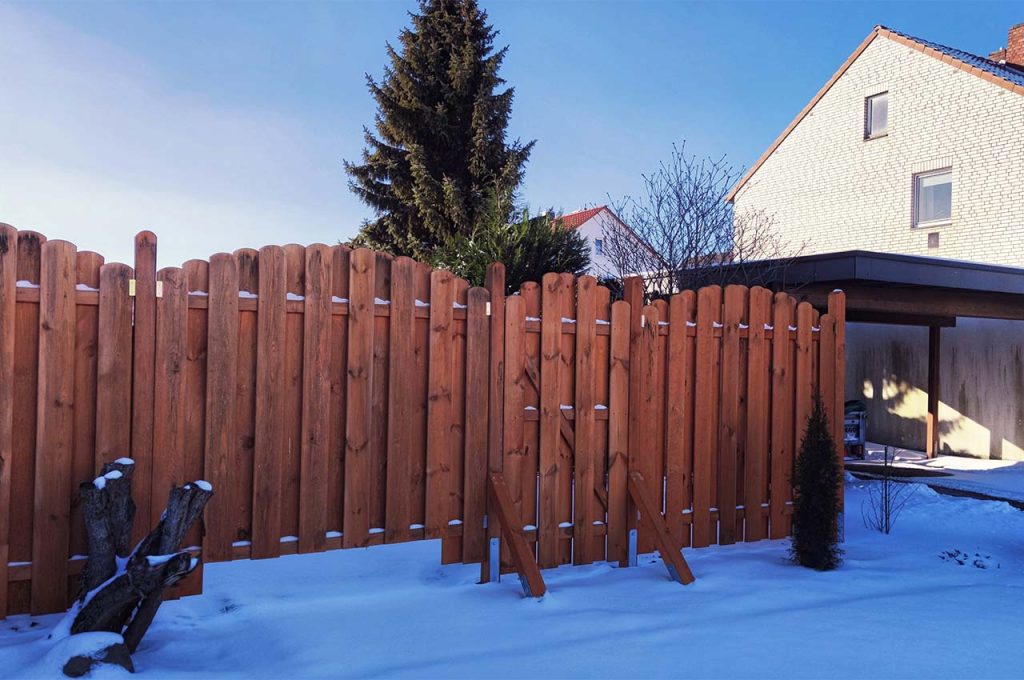
Fences may seem straightforward, but placing one even a few inches over the property line can lead to legal trouble. Many homeowners assume they know where their land ends, but without a proper survey, they risk encroaching on their neighbor’s lot. In some cases, this can be considered trespassing or lead to boundary disputes that require costly resolution.
2. Cutting Down Trees That Aren’t Theirs
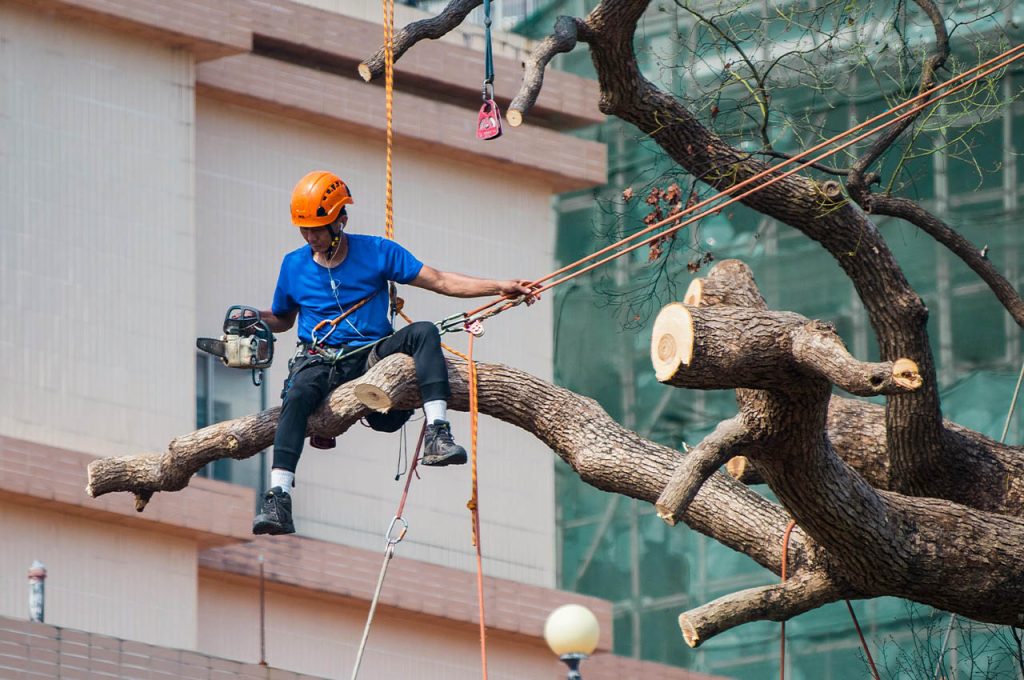
Even if a tree’s branches stretch into your yard, that doesn’t give you the right to chop it down. Trees rooted on a neighbor’s property legally belong to them, and removing or damaging one—without permission—could result in fines or lawsuits. Always check local laws and talk with your neighbor before taking action on anything that isn’t fully on your land.
3. Building Sheds or Structures Too Close to the Property Line
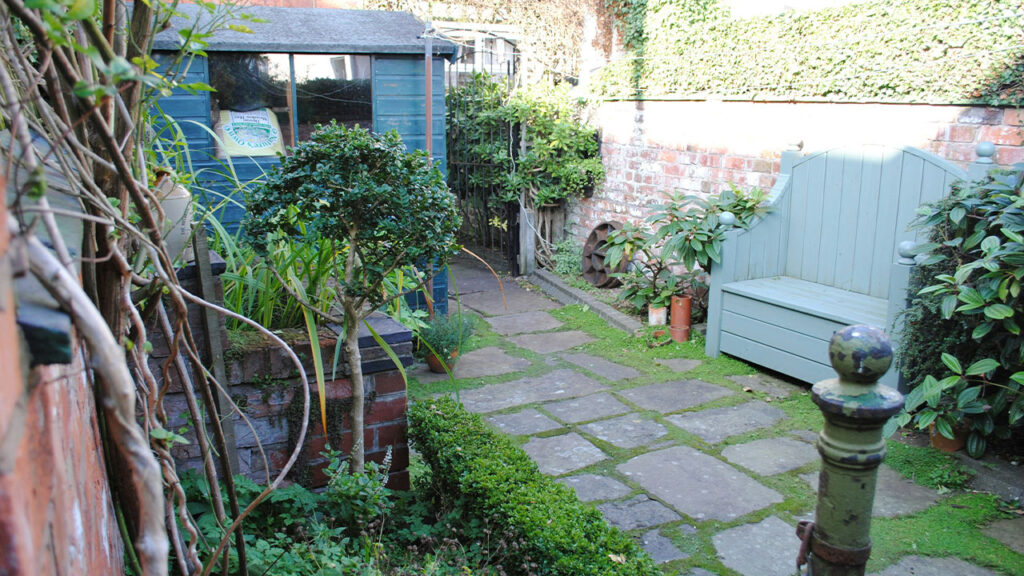
Most towns have setback requirements dictating how close you can build to your property boundary. Erecting a shed, gazebo, or even a deck too close—or worse, crossing the line—can violate zoning codes. It might even require tearing down the structure. Before you build, double-check local ordinances and get the proper permits.
4. Draining Water Onto a Neighbor’s Property

Redirecting stormwater, sump pump runoff, or even overwatering your yard in a way that causes pooling or erosion on your neighbor’s land can be considered illegal. Known as a nuisance drainage issue, it can create damage and lead to civil claims. Good drainage planning is essential—not just for your home, but for neighborly harmony.
5. Using Surveillance Cameras That Infringe on Privacy
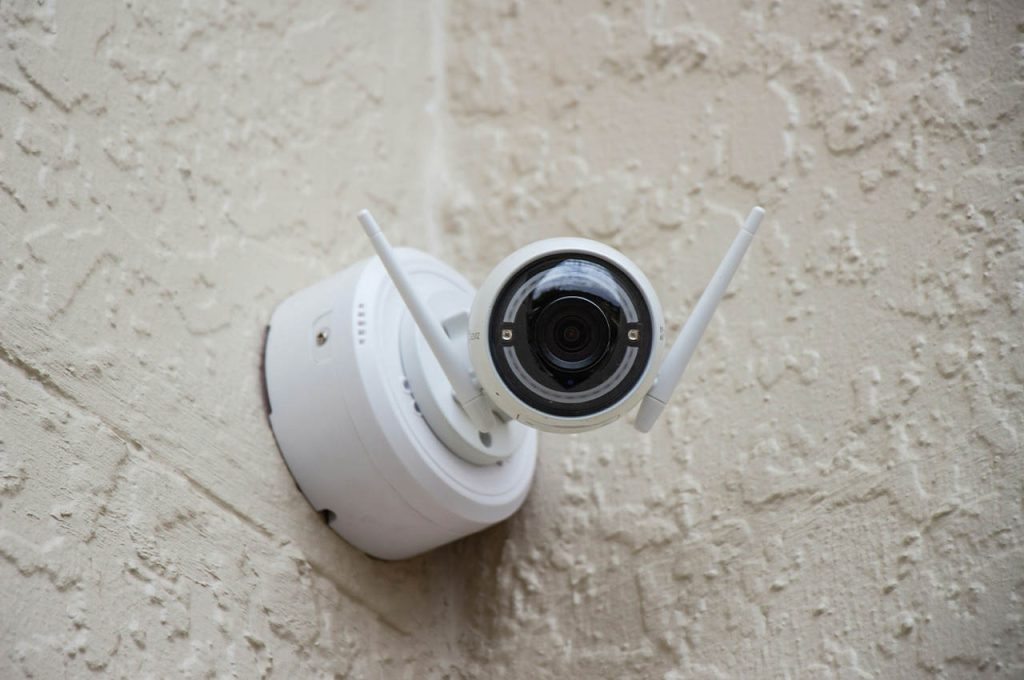
Home security is important, but pointing cameras toward a neighbor’s private spaces—like their backyard or windows—can violate privacy laws. Even if the camera is on your property, the law may restrict what you can record. When in doubt, angle your devices only where you have a clear legal right to monitor, like your own yard or entry points.
6. Letting Pets Roam Freely

While it may seem harmless to let a dog or cat wander the neighborhood, many municipalities have leash or containment laws for a reason. Free-roaming pets can damage property, frighten neighbors, or even injure someone. If your pet ends up in someone else’s yard—or worse, causes harm—you could be held liable. Responsible ownership includes respecting property boundaries.
7. Hosting Noisy Gatherings That Violate Local Ordinances
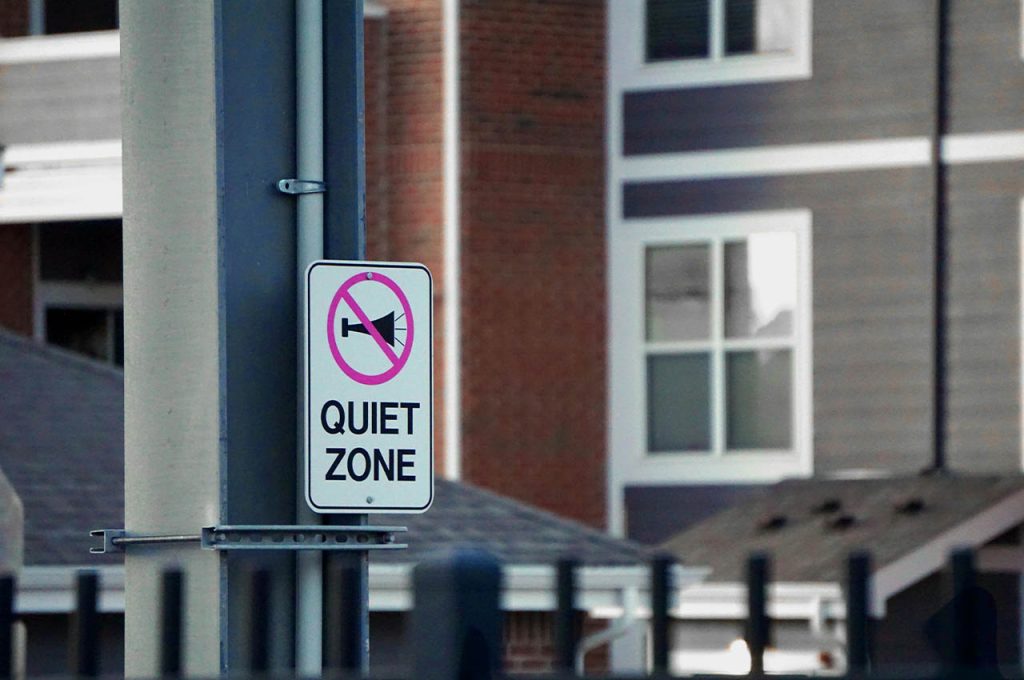
Backyard barbecues and celebrations are fun, but if they stretch into the night with loud music or rowdy guests, you might be breaking noise ordinances. Most cities enforce quiet hours, especially on weekdays. Repeated complaints could lead to citations or fines. Being mindful of volume and timing keeps the peace—and keeps the law off your back.
8. Parking on or Blocking Shared Driveways
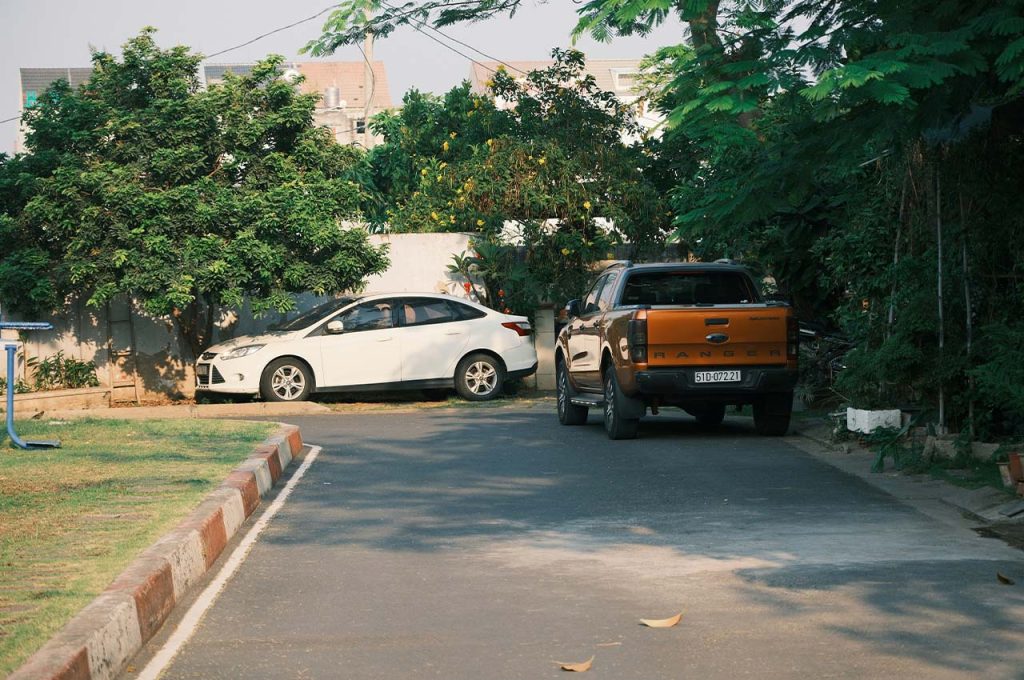
Shared driveways require mutual respect, but not everyone follows the rules. Parking in a way that blocks your neighbor’s access—even briefly—can be a violation of easement agreements. In some cases, it’s considered trespassing. Whether it’s guests or your own car, always ensure access is clear to avoid tension or potential legal action.
9. Modifying Shared Walls or Fences Without Permission
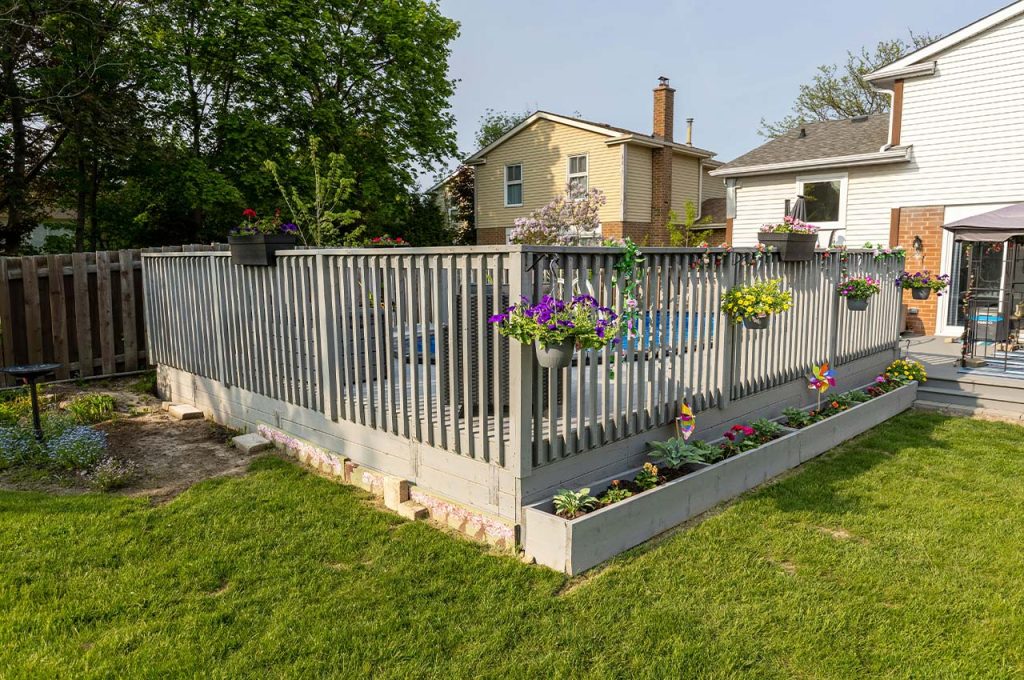
In townhomes or properties with shared fencing, any alterations must usually be approved by both parties. Changing height, material, or even painting a shared structure without permission could breach property agreements. What might seem like a simple upgrade can quickly escalate into a legal issue if proper steps aren’t taken first.
10. Dumping Yard Waste Over the Fence

Tossing leaves, branches, or grass clippings over the fence might seem like a quick cleanup fix—but it’s illegal in many places. Not only is it considered trespassing, but it can damage landscaping or create pest problems for your neighbor. Always dispose of yard waste properly, and never treat someone else’s yard like your compost pile.
11. Hanging Items Over a Neighbor’s Fence or Property

Placing plants, decorations, or even laundry over a neighbor’s fence may seem trivial, but it can cause damage or be considered trespassing. Branches or objects hanging over can scratch paint, block sunlight, or drop debris. Many property laws discourage this practice, as it infringes on the neighbor’s right to enjoy their space free from interference.
12. Blocking Easements or Access Paths

Easements are like invisible hall passes—legal rights that let others use part of your land for things like access or utility lines. Blocking these paths with fences, vehicles, or landscaping can lead to legal consequences. Even if unintentional, obstructing an easement denies neighbors or service providers their right of way and may require removal of the obstruction.
13. Planting Trees or Hedges That Cause Damage

Trees and hedges on your property can affect neighbors if planted too close to property lines. Roots can damage foundations or underground pipes, while branches may overhang and cause damage or shade. Many local laws set limits on planting near boundaries to avoid disputes and protect property integrity.
14. Installing Bright Lights That Spill Into Neighboring Yards

Outdoor lighting is great for security and ambiance, but poorly aimed or excessively bright lights can invade your neighbor’s privacy and disrupt their enjoyment of their yard. Light pollution is often regulated to prevent nuisance glare. Using shields, timers, or lower-intensity bulbs can help keep the peace while illuminating your space.
15. Operating a Business From Home Without Permits

Running a home-based business without required permits or violating zoning laws can upset neighbors and trigger legal action. Some business activities increase traffic, noise, or hazards, which municipalities regulate. Always check local rules before starting a business at home to ensure compliance and maintain neighborhood harmony.
Want to see more from Remodr?

Drop a comment below, share this with your friends and family, and don’t forget to follow us for more fresh ideas, updates, tips and home trends.
This article was created with the assistance of AI but thoroughly edited by a human being.

